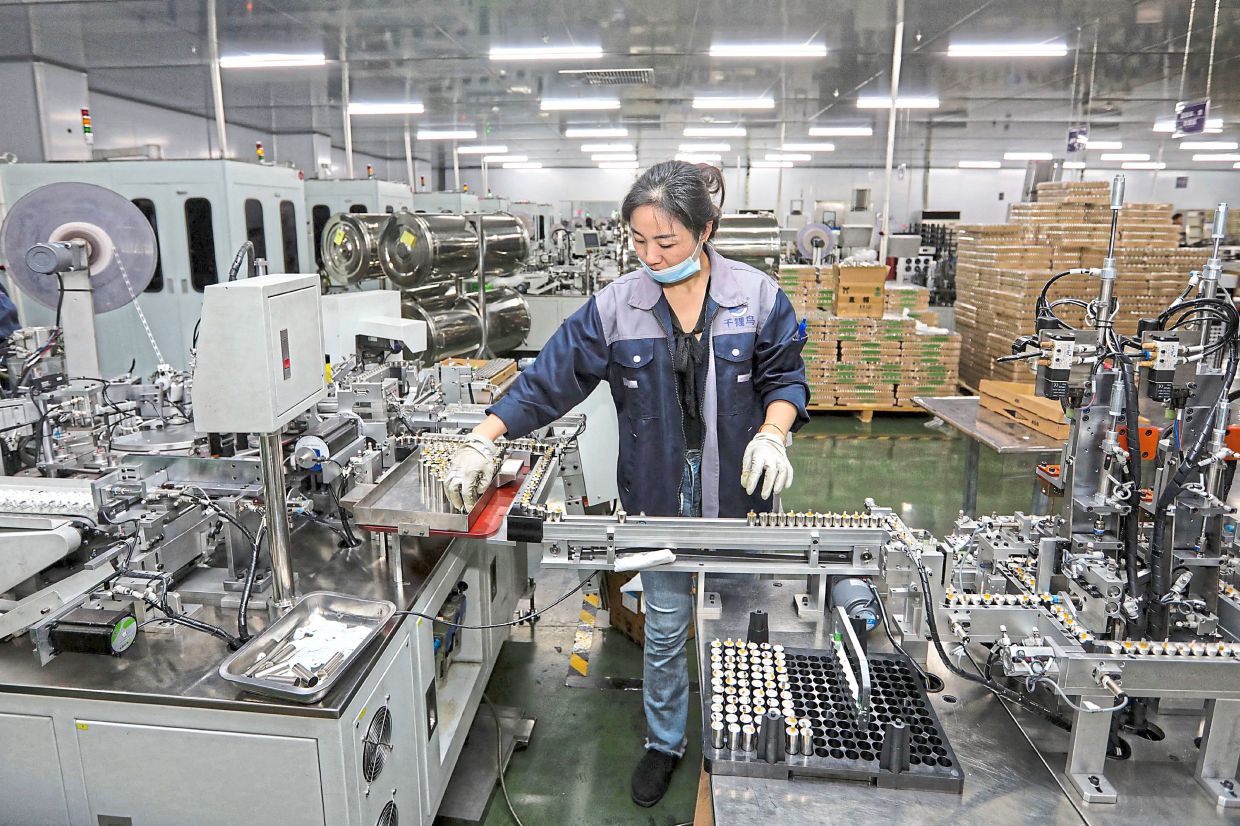
Most BNPL users use the service to spread out their cash flow and break down purchases into more palatable payments. They often look to BNPL as they need smaller lines of credit to afford necessities. — Photo: GLENN GUAN/The Star
“BUY Now, Pay Later” or BNPL has a bad reputation in Malaysia. Online searches reveal mostly negative headlines while financial education experts are concerned about easy access to credit.
With millions of transactions worth billions of ringgit, BNPL’s concept of short-term financing contrasts starkly with good financial habits.
Recent Consumer Credit Oversight Board Task Force (CCOBTF) data shows that consumer credit transactions have doubled from RM1.2bil in Q1 last year to RM2.3bil in Q1 this year.
There were 77.3 million transactions worth RM6.2bil in 2023 — a steady double-digit growth from 2022. The CCOBTF said the growth trend continued into Q1 this year, driven by increased demand and familiarity of usage. Average quarterly volume grew by 21% while value grew by 16%.
With BNPL making big strides, it has become more crucial to regulate the industry.
The first step is the tabling of the Consumer Credit Act (CCA) bill by year-end. The Act will provide a clearer regulatory framework to protect consumers and at the same time, bringing all the non-bank credit providers and credit service providers under the framework in two phases.
By implementing the system, the CCOBTF will become a statutory body with a one-stop complaints system and also submit customer data directly to credit reporting agencies.
Convenience and ease are a major reason BNPL has grown rapidly. All you need is a mobile phone to purchase a range of goods and services — a most tempting arrangement.
It is easy to judge users of these services but there is no way of knowing if they make purchases out of necessity.
During a recent networking session with the media, ShopeePay head Alain Yee cited the example of a customer who bought an e-scooter to go to work.
The data showed that there were 3.7 million active BNPL account holders, with 2.9 million aged 21 to 45. The average spend was RM84 spread across professional and commercial services, retail, amusement and entertainment, accommodation, food and restaurants, and transportation and automotive.
BNPL credit exposure as at end-Q1 2024 was RM1.4bil, a 34% increase from RM1.06bil as at end-2023, and accounted for 0.07% of total household debt as of end-2023.
The number of active account holders missing their payments and recorded as overdue dropped to 3.8% at end-Q1 2024, down from 5.8% at end-Q1 2023. The average overdue amount per customer was RM370.
The prevalent view is that those who use BNPL cannot live within their means although more studies are needed to justify this contention. However, industry officials point to anecdotal evidence of people using BNPL to tide them over until payday.
Data from Bank Negara Malaysia’s Financial Stability Review for the second-half of 2022 showed that the majority of users are younger and lower-income borrowers. About 44% are aged between 18 and 30, with more than 80% earning less than RM3,000 monthly, making them more susceptible to financial stress.
Yee said Shopee takes an on-ground approach to educate consumers by collaborating with Bank Negara’s Financial Education Network. This extends the reach, especially in less urbanised areas.
“We managed to reduce delinquencies on repayments and in a way educate and reinforce healthy repayment habits among our users over time. It takes time but we have been able to better manage overdue/outstanding amounts and see an overall increase in our users’ credit usage and repayment behaviour,” he said.
“Most BNPL users use the service to spread out their cash flow and break down purchases into more palatable payments. They often look to BNPL as they need smaller lines of credit to afford necessities.
“In time, we aim to serve these demographics and transition them into the traditional formal economy,” Yee noted, adding that customer data is also shared voluntarily with CCOBTF and Bank Negara.
Ungku Norliza Syazwan Ungku Halmie, CEO of Boost Life, Axiata’s financial technology arm, says the industry is committed to responsible financing practices. With the passing of the CCA, it is prepared to improve its data collection and credit assessment to meet these standards.
“When the Act is implemented, we will continue to ensure that our data handling practices align with the highest standards of transparency and security,” she says.
Atome’s general manager Daphne Lourdes says standardising the collection and reporting of consumer credit information across the industry, mandated by the CCA, will improve credit report reliability and consistency. In addition, it will ensure fair access to financial services for consumers.
“This will also elevate the overall data collection practices within the BNPL industry to a level comparable to traditional banks,” she adds.
A proactive approach will ensure industry practices comply with the latest standards, but also contribute to ongoing improvements in consumer protection and financial literacy, she says.
This article first appeared in Star Biz7 weekly edition.










































